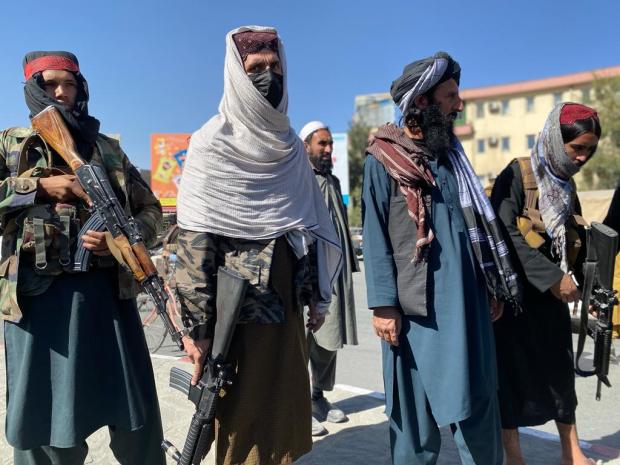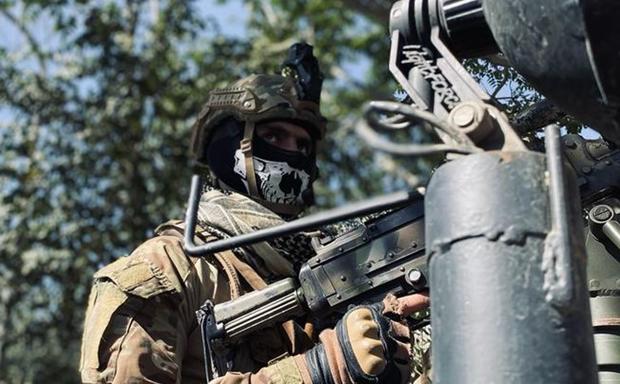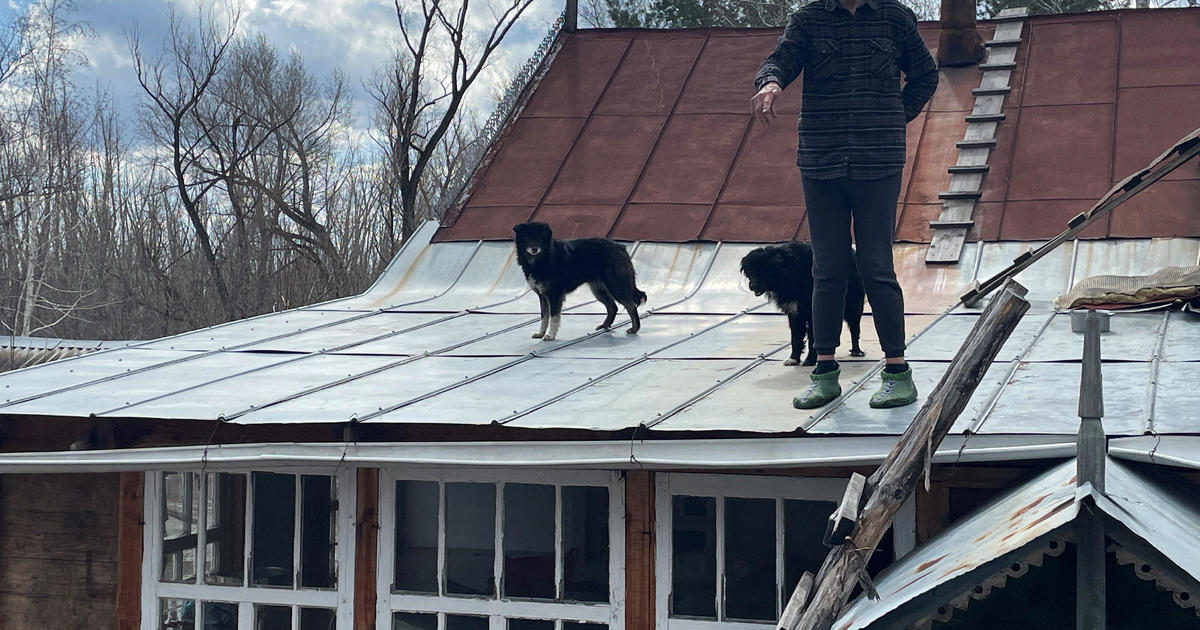The Taliban insists ISIS-K is no threat. Bloodshed on Afghan soil tells a different story.
Kabul — On nearly every street corner, in every neighborhood in Afghanistan's capital, you'll find the Taliban. The militants are now the guardians of the city they once attacked often, and viciously.
While the Taliban's war with the U.S. may be over, the group faces another enemy: Afghanistan's ISIS affiliate, known as ISIS-K.
CBS News correspondent Imtiaz Tyab and his team went for a ride with some of the Taliban fighters whose job it is to secure Kabul's streets.
The Taliban has stepped up its patrols across the capital, but the group's leaders insist ISIS-K is not a threat to the Afghan people.
Tyab asked the patrol commander, Rahimi, if, after two months in power, the Taliban could promise to keep Afghans safe. His answer was unequivocal:
"Yes, 100%," he said. "We can completely guarantee security for the Afghan people."
But the ceaseless bloodshed on Afghan streets tells a different story. Just last week, more than 50 people were killed in a suicide bombing at a mosque in the southern city of Kandahar used by Afghanistan's minority Shiite Muslims — frequent targets of ISIS-K attacks.
The bombing sent chills through the Shiite community, including worshippers at the Al-Zahra mosque in Kabul. They have every right to be afraid: Four years ago, ISIS-K fighters carried out a deadly suicide bombing attack there.
Imam Mohammed Jawad told CBS News that he was afraid the terror group would come back to target his mosque again.
"We are all concerned," he said. "It is very hard on our community. No one wants to be attacked while they pray."
ISIS-K first emerged in 2015. Most of its recruits defected from the Afghan and Pakistani Taliban, as they didn't see those groups as extreme enough.
The Taliban has tasked its feared "Badri 313" brigade — named after the Prophet Muhammad's army of 313 men at the Battle of Badr in 624 A.D. — with defeating ISIS-K.
The ruthless collection of fighters, often described as the Taliban's special forces, were responsible for some of the deadliest attacks against the U.S. and coalition troops.
It is clearly a force to be reckoned with, and everything, from their vehicles to their uniforms to their weapons, is American. The forces even use U.S.-style counterinsurgency tactics.
When an ISIS-K suicide bomber killed 13 U.S. troops and at least 170 Afghans in an attack on Kabul's airport on August 29, the Badri brigade was put in charge of hunting down ISIS-K cells around the capital.
The irony of the Taliban's elite fighters adopting U.S. equipment and tactics isn't lost on the Taliban's leaders, including chief spokesman Zabihullah Mujahid, who continues to insist that ISIS-K isn't a threat.
"It's true we need to protect civilians, and we are doing that," he told Tyab. "But ISIS-K are not a real threat. They can't even attack our military installations."
President Biden has vowed to make ISIS-K "pay" for the August airport attack. But while the White House has not ruled out some level of cooperation with Afghanistan's new rulers to achieve that, the Taliban insists it won't cooperate with America to defeat the group.
It may soon have little choice, however, as ISIS-K continues to grow in strength and brutality.





